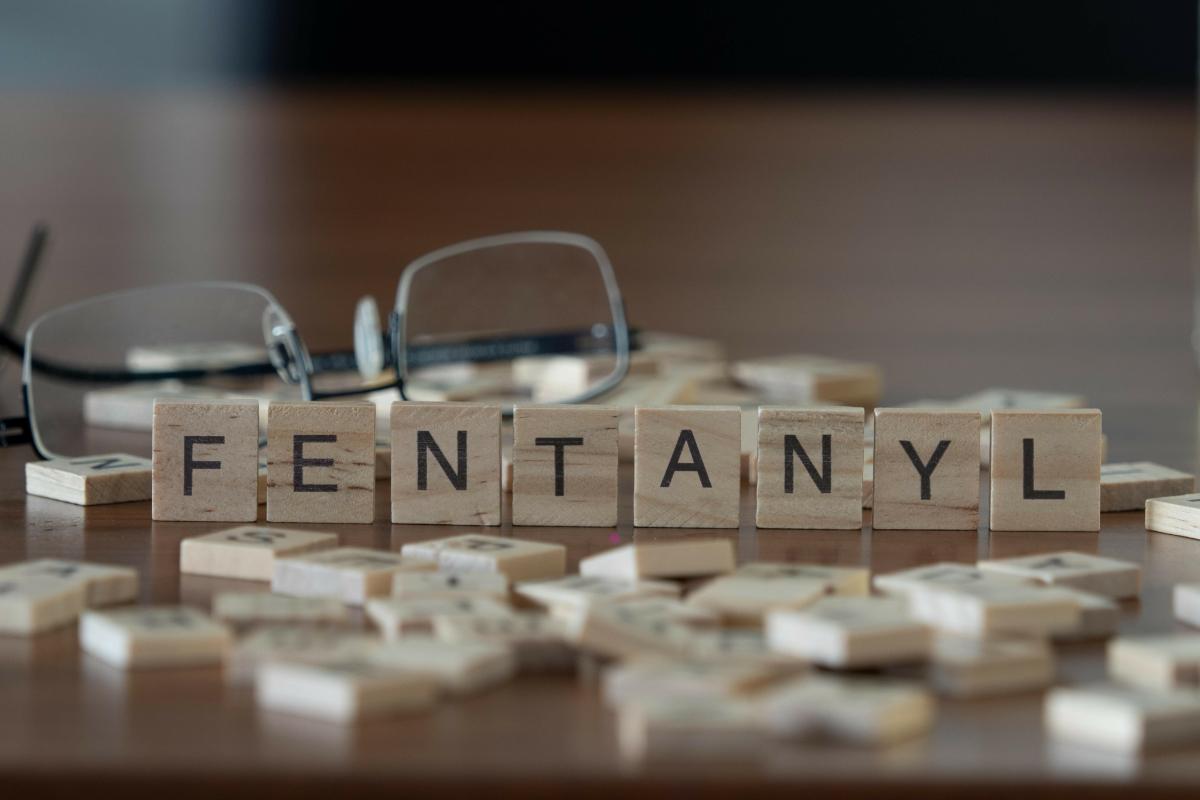Fentanyl was first created by scientists in a medical lab for use in pain relief. In the approximately seven decades since, fentanyl has played a major role in the opioid epidemic. Like so many drugs originally intended for legitimate use, fentanyl is now available on the street, and its recreational use is illegal and dangerous. If you find that you or someone you love is struggling with fentanyl abuse, reach out for help.
Pennsylvania Adult & Teen Challenge (PAATC) offers fentanyl rehab in Pennsylvania. We have been helping people who struggle with opioid use disorders for over 60 years. Our compassionate and highly trained staff offers evidence-based therapies and can provide Christian faith-based treatment. Learn more about how PAATC can help you with fentanyl or opioid abuse and addiction. Call 888.546.2579 or complete our easy online form.
What Is Fentanyl?
Fentanyl is the most potent and addictive opioid available. Other opioids, like heroin sold on the street, is often laced with fentanyl to magnify their addictive qualities. An unsuspecting user can overdose or unwittingly become dependent on fentanyl due to these unscrupulous practices.
This synthetic opioid is 50 times stronger than heroin and 100 times more potent than morphine. It can be life-threatening if someone accustomed to a milder narcotic takes even a few grains of fentanyl. Opioid abuse is still a significant threat in the United States. The epidemic of addiction and overdose is ongoing. Everyone should be aware of the risks and signs of fentanyl abuse.
Fentanyl Abuse
Fentanyl, known on the street as Apace, China Girl, China White, Poison, and other names, can be taken in several ways:
- Injected
- Smoked (including fentanyl-laced cannabis)
- Snorted
- Swallowed in pill form
- Via blotter sublingually
It can be delivered mixed with other drugs, often without your knowledge.
How fentanyl interacts with the brain by flooding the pleasure centers interferes with normal functioning and the natural production of important neurotransmitters. The initial effects are pleasurable, such as:
- Euphoria
- Relaxation
- Sedation
- Pain relief
Increased use can lead to less pleasant effects like:
- Confusion
- Dizziness
- Nausea and vomiting
- Retention of urine
- Slowed breathing
Fentanyl Addiction
Over time, continued use of fentanyl leads to tolerance, dependence, and addiction. Long-term and often lasting effects can be significant. If you or a loved one exhibits the following signs of fentanyl addiction, please reach out for help.
- Poor judgment
- Social withdrawal and isolation
- Difficulty concentrating
- Diminished memory
- Apathy
- Severe cravings if a dose is missing or delayed
- Inability to meet school and work responsibilities
- Declining work or school performance
- Depression
- Suicidal thoughts
Overdose is a significant risk of fentanyl abuse. Signs that someone needs immediate medical help include:
- Depressed respiration, labored breathing, and hypoxia (noticeable often due to blue lips or fingertips)
- Plummeting blood pressure
- Slowed heart rate
- Unresponsiveness and uncontrollable drowsiness that may lead to loss of consciousness or coma
- Clammy skin
- Foaming at the mouth
- Seizures or unnatural stiffening of the body
Learn More About What Is Fentanyl Rehab at PAATC
At Pennsylvania Adult & Teen Challenge, our treatment of fentanyl and other opioid abuse and addiction is cutting edge, caring, and evidence-based. In our fentanyl addiction treatment center, you can receive inpatient or outpatient treatment that includes a wide range of therapeutic modalities as part of your individualized treatment plan.
If you want more about fentanyl rehab at PAATC, reach out today. Our staff can answer all your questions about recovery from opioids and how you can live a sober, healthy life. Use our online form and hear back from us promptly, or call us at 888.546.2579.







